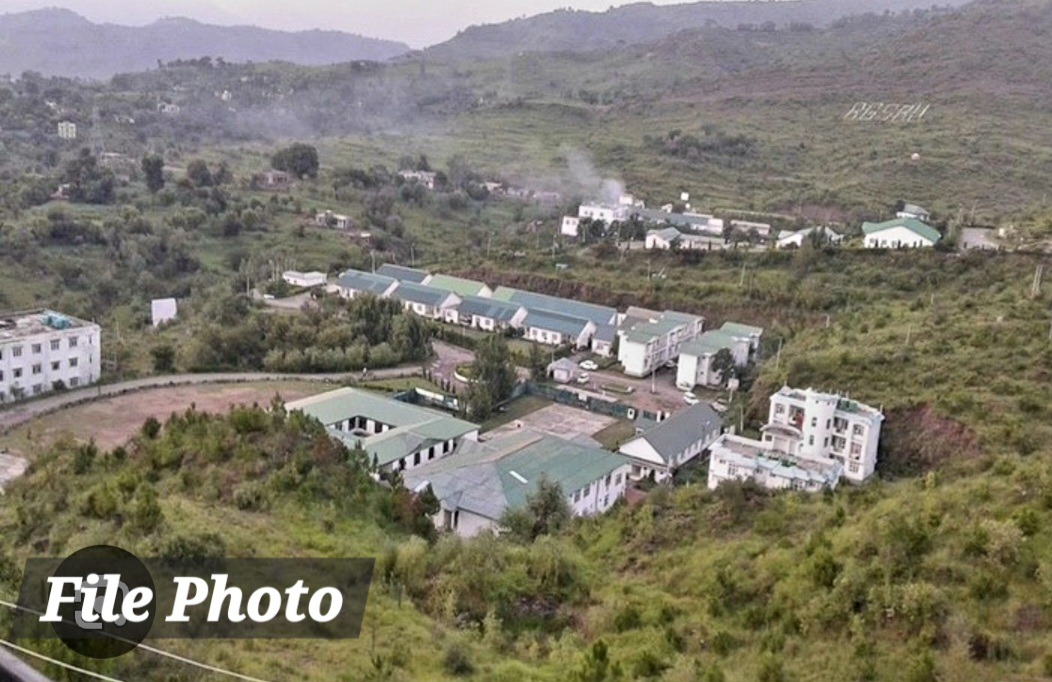GNS ONLINE NEWS PORTAL


GNS ONLINE NEWS PORTAL











The website is one of India’s leading organization publishing material in Hindi language. We publish content in various categories as a leader in mobile and digital publishing and a leader in news astrology, spiritual, religious and entertainment content etc.
© 2023 GNS Online . All rights reserved. News Website Designing Company – Traffictail
